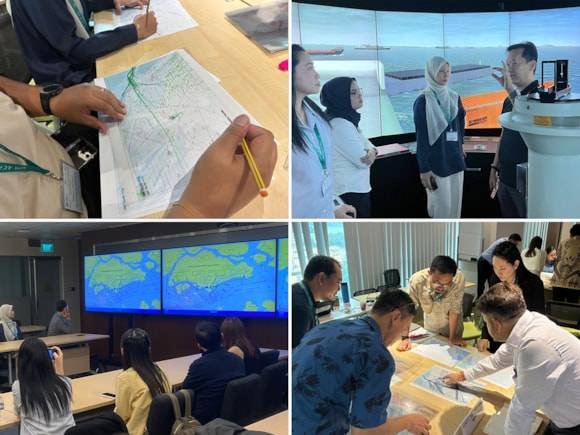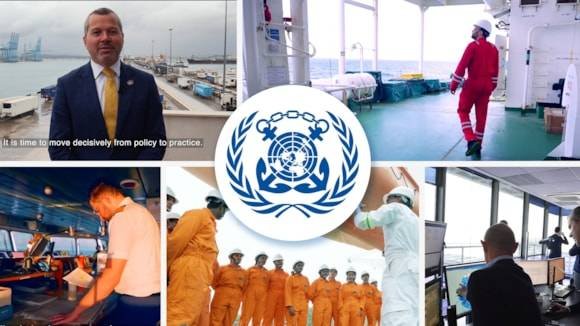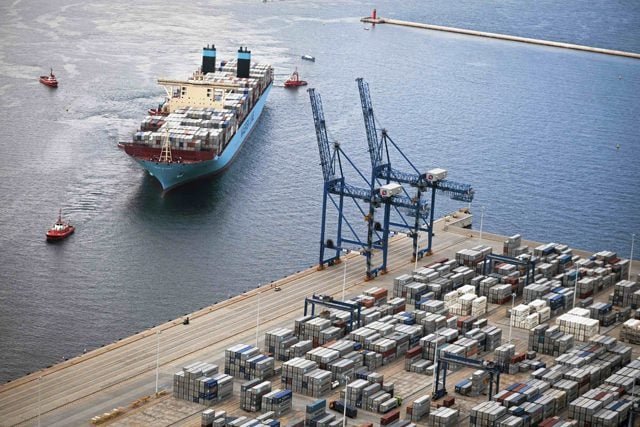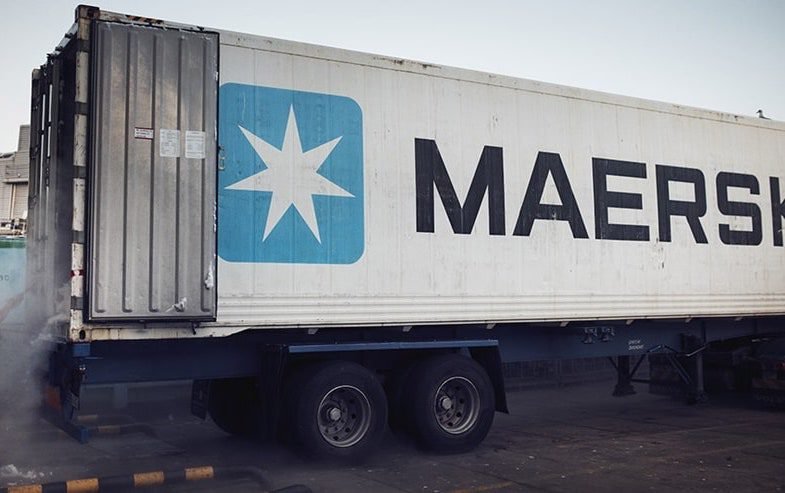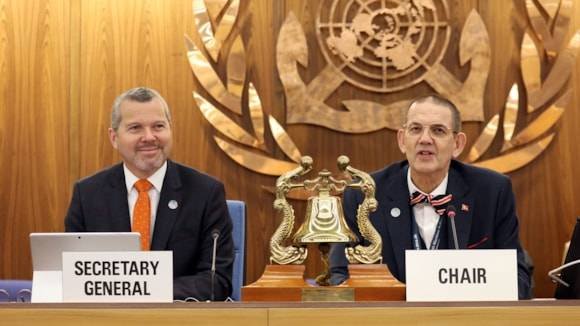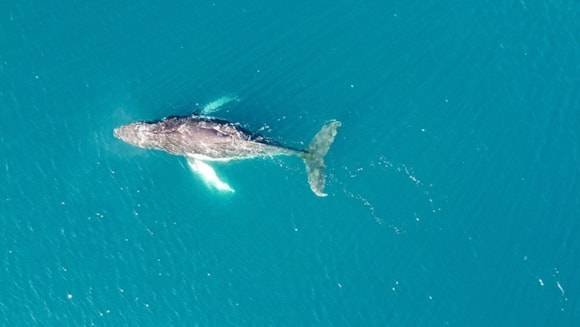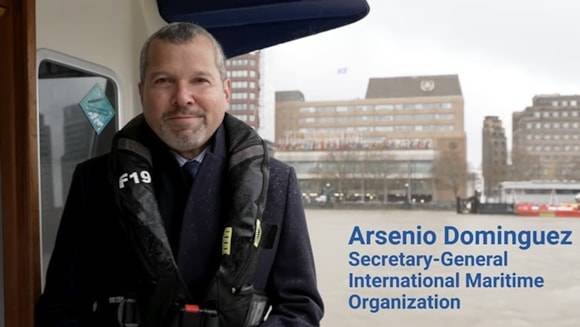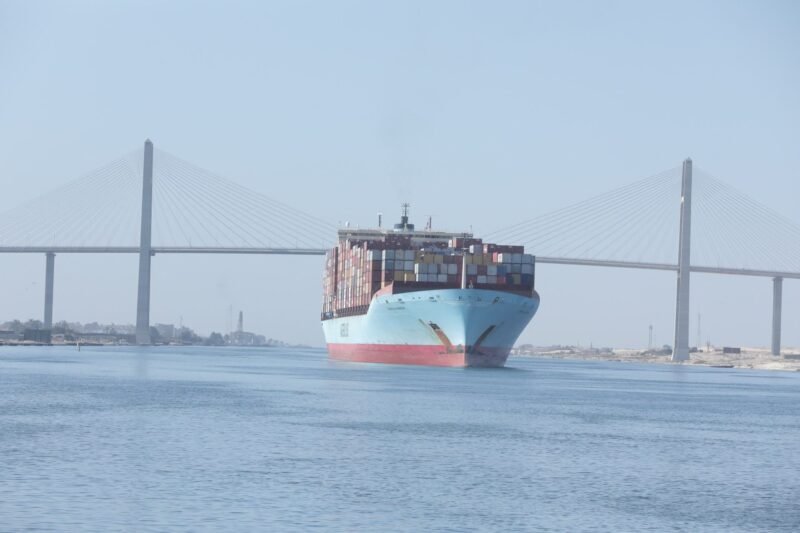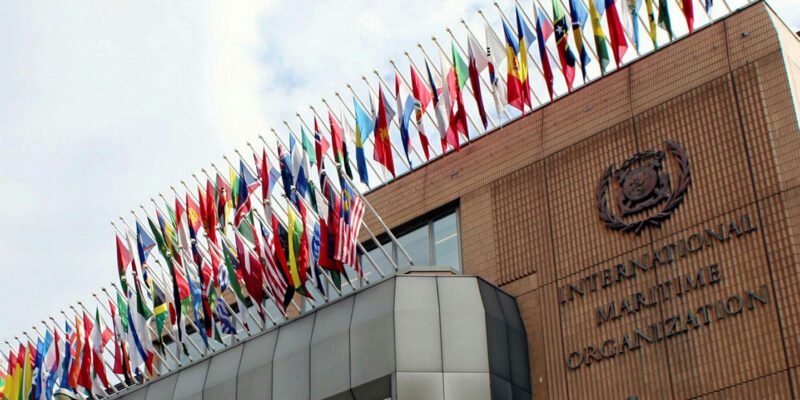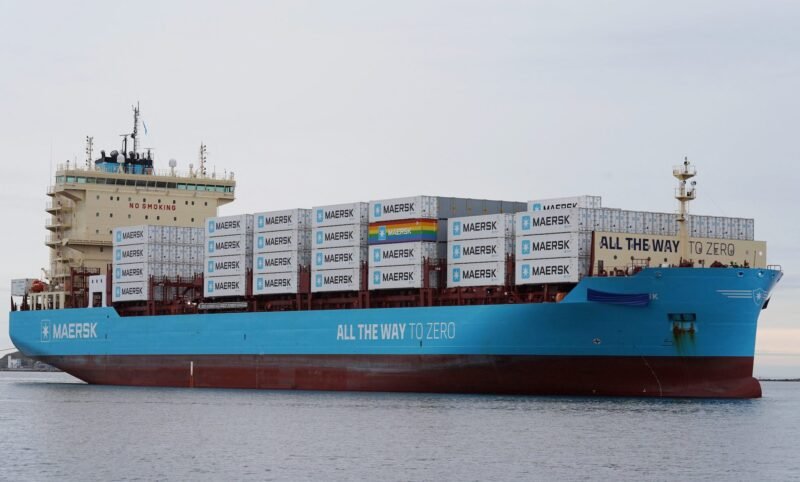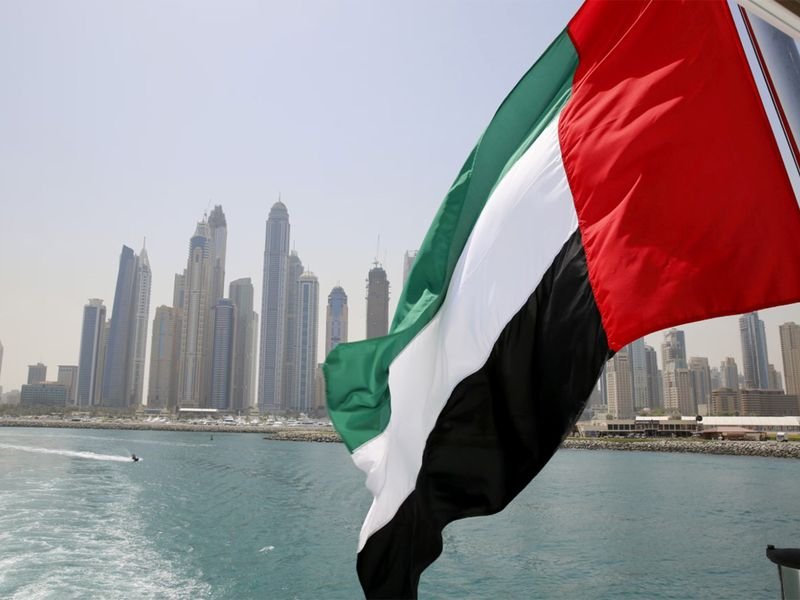Vincent Clerc, CEO of A.P. Moller-Maersk, emphasizes the urgency facing the maritime industry as it approaches the Intersessional Working Group on Reducing GHG Emissions from Ships (ISWG-GHG 1) meeting at the IMO headquarters. Global shipping must find viable alternatives to traditional bunker fossil fuels to successfully transition to greener practices. Clerc stresses the need for the International Maritime Organization and its member states to prioritize making green maritime fuels as affordable as fossil fuels.
Maersk proposes bold steps to achieve this goal, including implementing a global maritime fuel standard and a pricing mechanism that ensures price parity and supports large-scale green fuel projects. The World Shipping Council also supports a Green Balance Mechanism (GBM) that rewards the use of green fuels and discourages fossil fuels, bridging the price gap without causing major disruptions. The GBM includes a fund to aid developing nations in their energy transition, fostering a global shift towards sustainable maritime energy use.
Clerc urges governments at the IMO to reach a consensus on effective measures within the next six months to make green energy projects financially viable in the short term. Progress is essential at the upcoming MEPC82 meeting to enable cargo owners to reduce emissions and advance the sector. It is crucial for these measures to be adopted by 2025 to ensure a sustainable future for the maritime industry.







